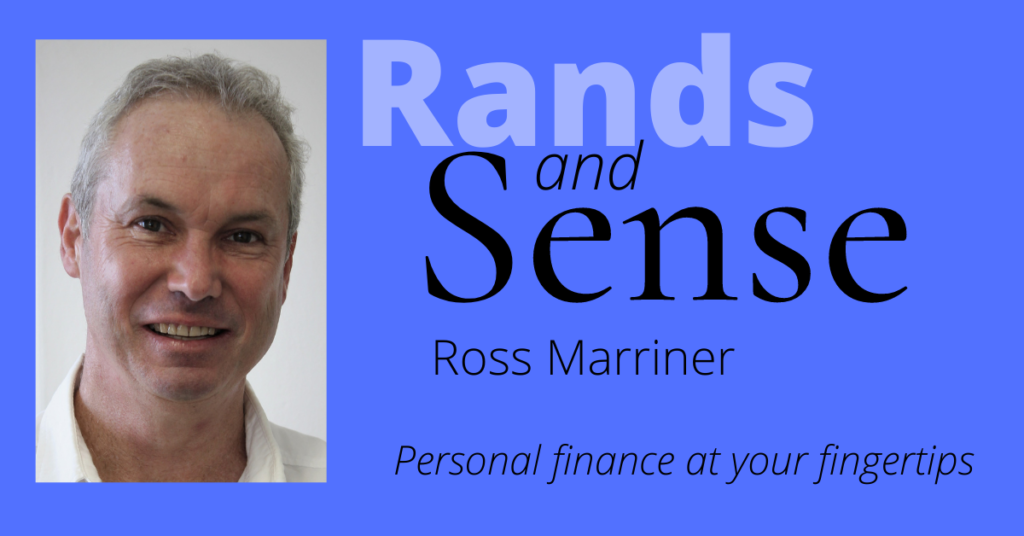Understanding how to make your money work for you is an art, a fact that is understood by few but unfortunately misunderstood by many. Here are some common mistakes South Africans tend to make when it comes to managing their money.
- Not understanding inflation. An enormous amount of money is currently invested in local and offshore bank accounts, earning returns that barely, if at all, keep pace with inflation. This means that investors with all or most of their savings tied up in bank accounts are not increasing their wealth in real terms. You should always invest a portion of your money in growth assets that have the potential to grow at a faster rate than inflation over time.
- Not saving enough. South Africa has a gross savings rate of less than 15% of GDP. This is one of the lowest savings rates globally and is far below the world average of over 25%. It is vital that you save and carefully invest a portion of your income every month.
- Having too much debt. The vast majority of South Africans are heavily in debt. According to the South African Reserve Bank, South African households spend an average of 75% of their income servicing debt. It would be best if you always tried to avoid debt. If possible, you should delay purchasing anything that you cannot afford until you have saved enough cash to pay for it.
- Not diversifying their investments. South Africans often have an “all their eggs in one basket” approach to investing. Some believe in property as an asset class and invest almost exclusively in property. Others adopt a more conservative approach and prefer to invest all their money in bank accounts. Others may only invest directly in the stock market or business interests. A diversified portfolio of investments is a less risky way of investing, and it usually results in a superior return over time.
- Under or over-insuring. Few South Africans understand how best to use insurance. It is important to have short term insurance to cover your assets and belongings and life, disability and dread disease insurance to protect yourself. However, it is essential to have the right amount of cover at appropriate stages of your life and update it regularly because circumstances change. For example, it may be appropriate to have a large amount of life cover whilst your children are young and being educated, but less necessary as you head towards retirement.
- Not getting good advice. Some South Africans prefer to handle all their investment decisions by themselves instead of using the services of a professional. According to research undertaken by the Vanguard Group, an international financial services operation, if you invest with an experienced Certified Financial Planner® you are likely to earn a return that is on average 3% per annum higher than the return earned by individuals who do not use an adviser.
If you can avoid making these mistakes, you will be well on your way to achieving a more secure financial future for yourself and your family.
Rands and Sense is a monthly column written by Ross Marriner, a CERTIFIED FINANCIAL PLANNER® with PSG Wealth. His Financial Planning Office number is 046 622 2891


